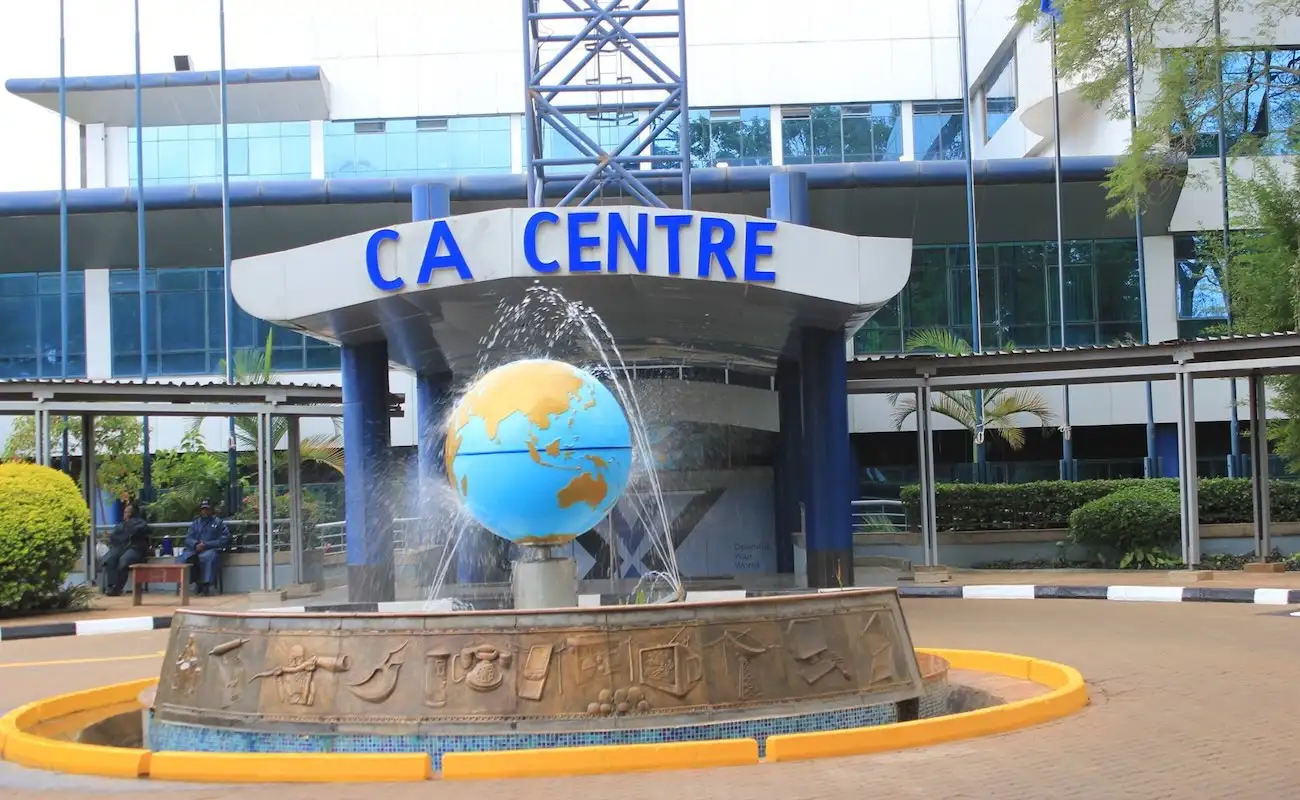The Communications Authority of Kenya (CA) has refuted concerns circulating online that biometric data collection is required under the revised SIM card registration regulations. Over the past few days, there have been concerns by Kenyans about this topic, saying it invades their privacy.
In a press statement, the regulator clarified that no directive has been issued that requires mobile operators to collect biometric data from subscribers.
The CA said the updated SIM registration rules were published in May 2025 and were introduced to protect citizens from SIM-related fraud, strengthen the integrity of telecommunications services and support secure access to digital platforms such as mobile money, e-government and e-commerce.
According to the Authority, the new regulations do not mandate or authorize operators to collect biometric identifiers such as fingerprints, DNA analysis, retinal scans, voice patterns or other physiological or behavioural markers.
“The New SIM Card Regulations do not contain any provision for the collection of biometric data,” the statement noted, adding that defining biometric data in the regulations does not imply it will be collected.
CA reiterated that it has not directed its licensees to gather such sensitive information during SIM card registration.
The Authority said that the regulations include stringent security and confidentiality requirements aligned with the Kenya Information and Communications Act (KICA) and the Data Protection Act, 2019.
Addressing concerns around disconnections, CA stated that operators can suspend SIM cards only in cases where subscribers provide false information or repeatedly ignore registration requirements.
“No subscriber can be disconnected without prior notice,” the regulator affirmed. Operators must adhere to transparent and fair processes when dealing with customers.
For these and more stories, follow us on X (Formerly Twitter), Facebook, LinkedIn and Telegram. You can also send us tips or just reach out on info@techarena.co.ke.
Also Read: Kenya Is One of 11 African Countries to Benefit from New Broadband Mapping Project

